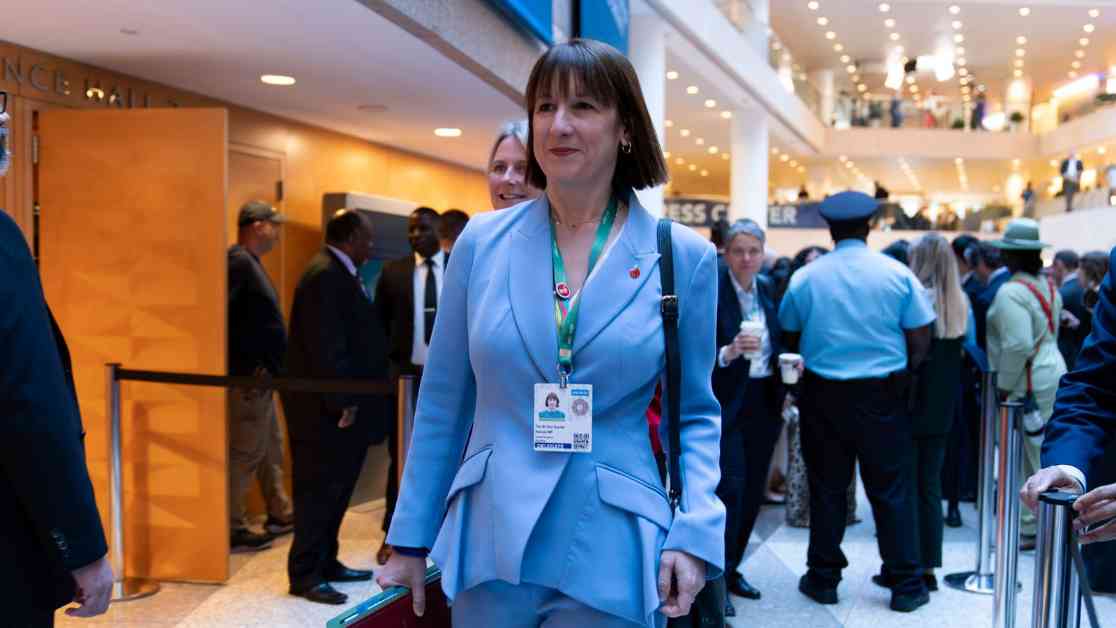Rachel Reeves, the Chancellor of the Exchequer, is facing significant challenges in securing funding for the upcoming budget. The government source’s justification for the £20 billion rise in employer national insurance as “asking businesses to help out” downplays the substantial impact of this tax hike.
Reeves has limited levers to pull to obtain large sums of cash, ruling out major revenue raisers. This tax rise is expected to be the largest in the budget, filling half of the £40 billion the chancellor needs to find. National insurance paid by businesses of all sizes increases the tax burden, allowing for significant revenue gains from small headline changes, but also posing challenges for job creation and maintenance.
The political implications of these tax rises are significant, with the value of the increases equaling the cost of previous cuts to employee national insurance. This shift in the national insurance burden from workers to businesses reflects a strategic move by Reeves. There has been confusion surrounding Keir Starmer’s definition of ‘working people’ and the political intent behind protecting them from tax rises.
Labour’s messaging targeting those who do not pay capital gains tax or inheritance tax suggests a focus on the majority of taxpayers who contribute through income tax, national insurance, and VAT. The distinction between the rich and the poor in policy decisions presents challenges in implementation. The budget’s central tension lies in balancing short-term funding fixes with long-term economic growth, as tax increases on the wealthy and private sector may impact overall economic performance.
Reeves is expected to announce additional investment borrowing in the budget to support economic growth. However, the potential implications for businesses and workers remain uncertain, as increased taxes could hinder growth and job creation. The government’s approach to funding public services through tax hikes on businesses raises questions about the sustainability of economic growth in the long run.
As the budget approaches, the delicate balance between securing funding, supporting economic growth, and addressing political challenges will be crucial for Reeves and the government. The impact of tax rises on businesses, workers, and overall economic performance will shape the success of the budget in the long term. Balancing short-term fixes with long-term economic strategies will be essential for building a resilient and sustainable economy post-pandemic.













